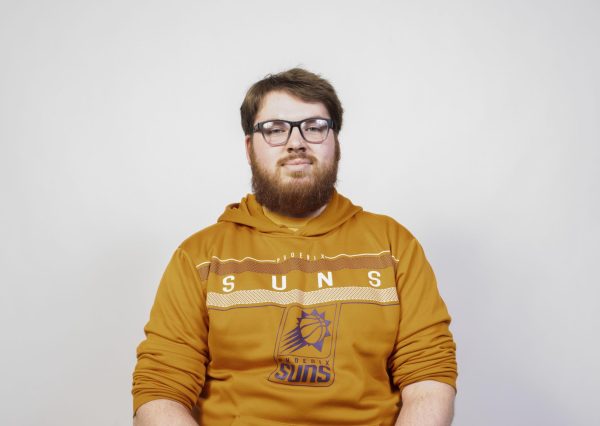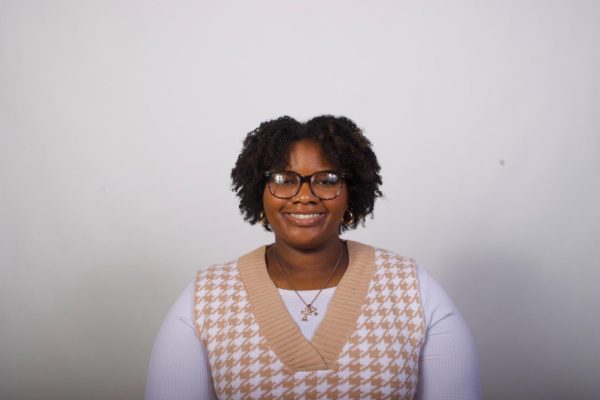Be open to new learning methods, experiences
March 6, 2019
Around 85 percent of the classes I have taken here at Eastern are usually lecture intensive courses with or without the aid of some type of technology like PowerPoint. There is nothing wrong with this; in fact, I kind of like this type of curriculum. It is simple, and the information is easily comprehended. However, I feel like some types of classes are open to different types of curricula.
There is a new type of curriculum that some history professors have adopted into some of their courses, that being Reacting to the Past (RTTP) role-playing games. RTTP was created in the late 1990s by Mark C. Carnes, a professor of history at Barnard College.
According to Barnard College: “Reacting to the Past (RTTP) consists of elaborate games, set in the past, in which students are assigned roles informed by classic texts in the history of ideas. Class sessions are run entirely by students; instructors advise and guide students and grade their oral and written work. It seeks to draw students into the past, promote engagement with big ideas, and improve intellectual and academic skills.”
This is not a simulation, so while you must know and act like what ever role you are assigned, what happens in the game can go outside of actual history, so you need to know how to react as your character in certain situations. I bring this role-playing game up because I have been in a few different RTTPs on campus, and I have learned and retained more information about these games then most other lectures on the material.
Some of the RTTPs I have played were the Simla Conference in India 1945 (later the Partition of India 1947) and the Mexican Revolution (also known as the Mexican Civil War) 1910-1920. I played a member of the Communist Party of India M.N. Roy at the Simla Conference, and I played Silvestre Terrazas, a journalist in Chihuahua during the Mexican Revolution. I can tell you more about India and Mexico during these times than most of the other historical eras I learned about in my other classes. I had a basis of prior understanding for the RTTP on India, but I had little to no prior knowledge on the Mexican Revolution, and I learned so much from both games.
The RTTP games are a great addition to the history curriculum here on campus, and other types of curricula can adopt these types of learning experiences. Now, I have obviously not taken every course on campus, or even taken a class in all studies, so I do not know of all the different types of curricula on campus. I am just going off what I have seen during my studies here.
I do know some science courses hold experiments to give a hands-on experience, and some other studies encourage work in the surrounding community to give a certain type of hands-on experience. Some of the journalism courses here require work to be done for the student publications here; this is how I started to work at The Daily Eastern News in the first place, so this technique certainly works, at least in my case.
There is nothing wrong with the usual lecture intensive courses, but maybe the introduction of something different can help students learn more material. I have also heard some students loathe things like the RTTP or the requirement to work of student publications, these types of students are just lazy to say the least. Don’t be lazy and get out there and partake in a different learning experience.
Jordan Boyer is a senior history major, he can be reached at 581-2812 or at [email protected].















































